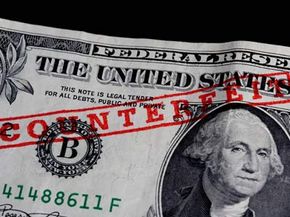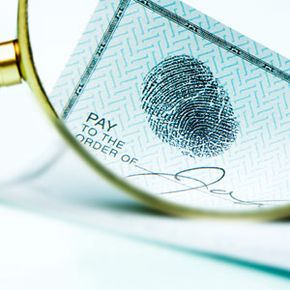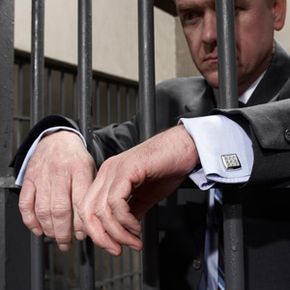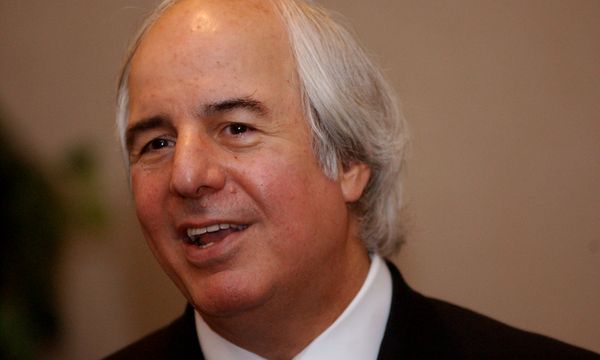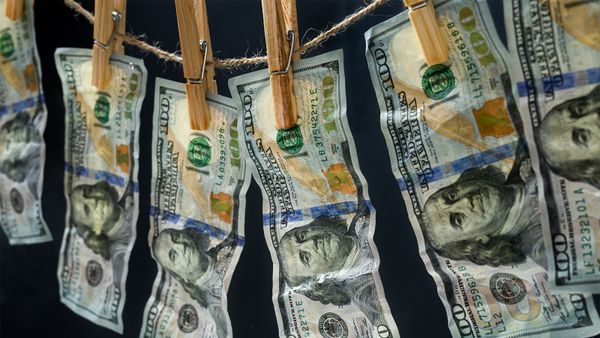Most of us would like to think of ourselves as upstanding, moral citizens -- we probably trust ourselves to never hold up a bank or murder someone in cold blood. Not only are these blatant violations of common ethics -- any 5-year-old will tell you they're bad -- but they're hard to get away with and generally distasteful to carry out.
On the other hand, another kind of crime is much easier to rationalize to ourselves. Committing it doesn't require a gun or a knife. You may not see an apparent victim. It's easily covered up. It can secure your financial future for life and you may have plenty of opportunity. This is the case for white-collar crime -- a class of crimes associated with various types of sophisticated fraud.
Advertisement
For most people, the term "white-collar crime" usually conjures up images of sly CEOs conniving their way to fortune. Indeed, many high-profile cases of white-collar crime have helped forge this idea in our minds. One infamous scandal involved the Enron Corporation. In late 2001, its executives confessed to overstating the company's earnings, which artificially inflated the worth of the company and deceived investors. Unraveling all the fraud at Enron took some hard work, which is a testament to how sophisticated white-collar crime can be.
Although it's usually associated with the upper management of corporations, people from all different levels and occupations can and do perpetrate white-collar crime. Starting in 1974, the FBI gave white-collar crime significant priority and dedicated an entire unit to solving it [source: Theoharis]. Despite these efforts, however, estimates say this kind of crime costs the United States $300 billion every year [source: Cornell].
In the next few pages, we'll take a look at its conceptual roots in sociology, why it's difficult to investigate and how certain laws are structured to prevent it. First off, let's get a better idea of exactly what white-collar crime is.
Advertisement


